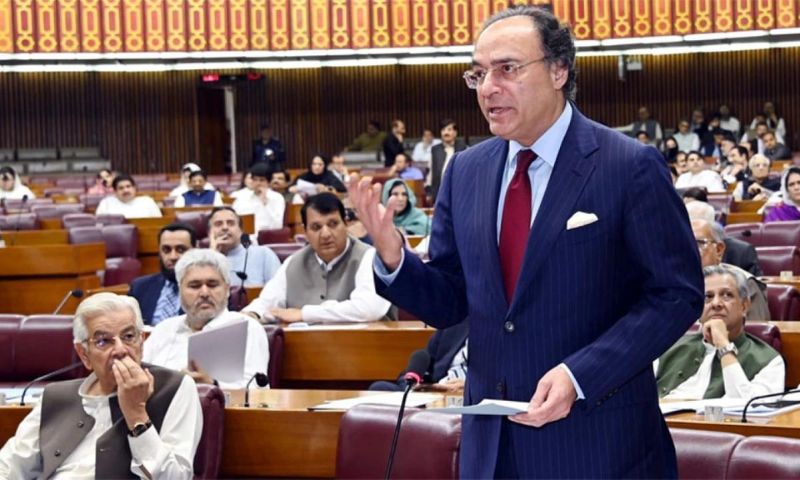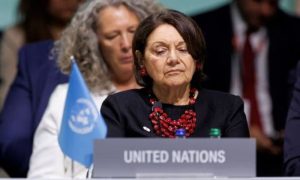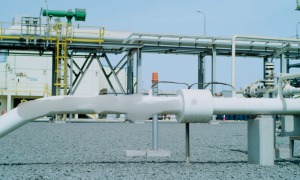ISLAMABAD: The National Assembly of Pakistan on Friday passed the government’s tax-heavy finance bill for the fiscal year 2024-25 ahead of more talks with the International Monetary Fund (IMF) on new loan program.
The budget, laden with taxes and presented by Finance Minister Muhammad Aurangzeb two weeks ago, faced fierce criticism from opposition parties, particularly the PTI and key coalition partner Pakistan Peoples Party (PPP).
Opposition parties, led by supporters of incarcerated former Prime Minister Imran Khan, criticized the budget, citing concerns over inflationary pressures. Despite initial reservations, the PPP later decided to support the bill to maintain stability. Besides the PPP, members of another ally party Muttahida Qaumi Movement-Pakistan (MQM-P) had also expressed concern over the government’s move to impose taxes on the salaried and middle-class people.
The government in the budget targeted a challenging tax revenue target of Rs13 trillion for the fiscal year starting July 1, marking a 40% increase from the current year.
Inflation concerns persist, with the central bank warning about potential impacts from the budget’s tax reforms. The government targets a reduced fiscal deficit of 5.9% of GDP for the new financial year, down from the current year’s estimate. Economic growth is forecasted at 3.6%, while inflation is expected to reach 12%.
During the National Assembly session, opposition amendments were rejected, while PPP has withdrawn its amendments of reductions in the petroleum development levy.
Govt to increase tax to GDP ratio to 13%: Finance Minister
Earlier today, addressing the National Assembly, Federal Finance and Revenue Minister Muhammad Aurangzaib said that the government’s committed to raise the tax-to-Gross Domestic Product (GDP) ratio from its current level of 9.5% to 13%.
He emphasized that achieving macroeconomic stability has been pivotal, laying the groundwork for sustainable economic growth in the fiscal year 2024-25.
Aurangzaib highlighted the country’s current economic stability, noting that key indicators such as the current account, fiscal deficit, inflation, and foreign exchange reserves are well-managed.
The minister outlined the government’s agenda, focusing on the reconstruction and digital transformation of the Federal Board of Revenue (FBR) to achieve the 13% tax-to-GDP ratio. He emphasized that the tax system will eliminate non-filers and ensure tax compliance across all sectors.
Aurangzaib underscored the government’s determination to curb tax evasion and broaden the tax base, particularly targeting retailers and the real estate sector. He reported a reduction in the current account deficit, controlled financial deficit, and foreign reserves totaling $9 billion, providing a two-month import cover.
Regarding inflation, Aurangzaib noted a decline from 38% to 11%, with food inflation stabilized at 2%. He also outlined plans for reforms in State Owned Enterprises (SOEs) and the energy sector, alongside commitments to complete privatization efforts within the next three years.
View this post on Instagram
























